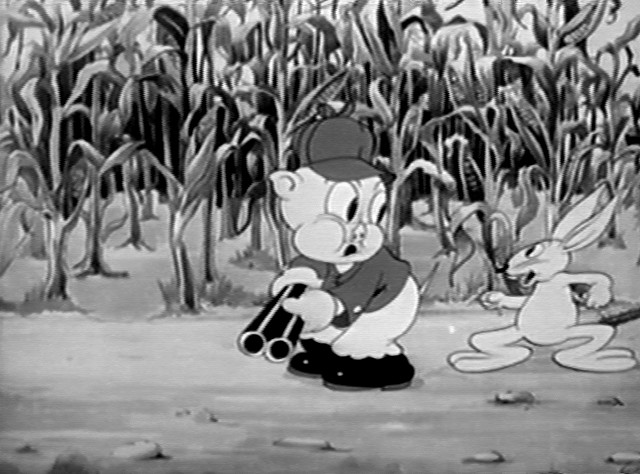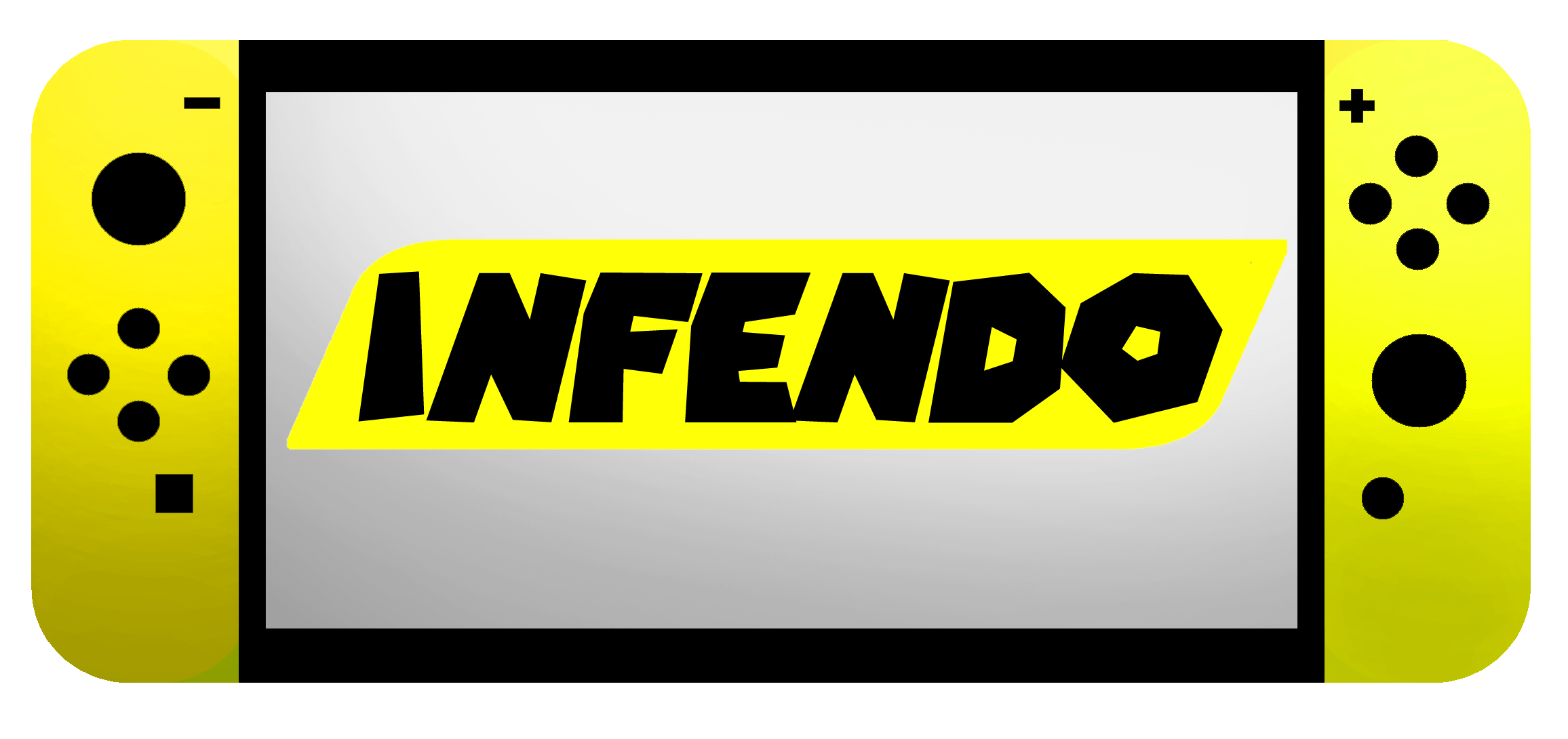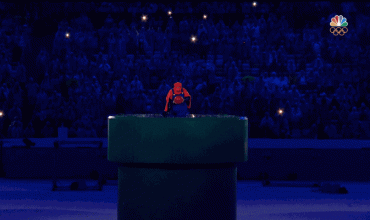 Both literally and figuratively, Bugs snuck up on Porky in Porky’s Hare Hunt
Both literally and figuratively, Bugs snuck up on Porky in Porky’s Hare Hunt
The quote would become a standard Bugs Bunny line, as would the role of conniving prey itself. Though a rudimentary version of what he’d become, the anonymous hare was a star in the making, and it introduced many of the elements central to Bugs’ character.
Strange enough, the same applies to Mario’s debut. He was presented as little more than a red-capped, overall-wearing carpenter, a mustachioed master of leaping over enemies and saving chicks, elements central to his character.
And like Bugs, Mario’s stock would soon eclipse his antagonist’s.
“Just as those early appearances of Bugs were actually Porky Pig productions, Donkey Kong was the real star of the show in the first arcade game, not Mario,” says Oxford. “But like Bugs, Mario evolved. Both characters grew out of their original roles to become superstars and the top mascots of their respective companies.”
Although they’d fallen, however, the ape and the hog didn’t fade away.
Porky starred in dozens of classics under the masterful pencil of Bob Clampett. Porky In Wackyland was one of his finest Porky shorts, appointed for preservation by the National Film Registry in 2000. Donkey Kong was resurrected in 1994 by the British studio Rare in Donkey Kong Country, a game that sold more than 9 million copies and became a landmark release for the SNES.
Fate had provided both characters with more moments to bask in the spotlight, but ultimately, their roles would never be the same.
Especially in the case of Donkey Kong.
Perhaps even an occasional brush with the glories of old would be welcomed by the gorilla, for whom fate has been particularly cruel. Now seemingly confined to low-key portable games and console spin-offs, just two Donkey Kong games have sold a million copies or more in the last decade.
Last year’s Wii remake of Donkey Kong Jungle Beat has sold roughly 480,000 copies since its release. For contrast, the least-successful proper Mario platformer of all time was 2002’s Super Mario Sunshine. It has sold 6.28 million copies.
“Ultimately, Donkey and Porky were upstaged by their co-stars,” says Oxford. “Their stars would still shine in later years, but they were no longer top dogs of their companies, relegated to being part of an ensemble and occasionally given a production of their own in which to star.”
In fact, “upstaged” may understate their plight. In a world where images of Super Mario and Bugs Bunny adorn lunchboxes and t-shirts as commonly as brand names’which they have become, for all intents and purposes’Donkey Kong and Porky Pig are left within their colossal shadows, quietly discussing the glories of years past and their fearful aversions to wooden mallets and rabbit holes.
It’s a long way to the top. It’s even further to the bottom.
Special thanks to David Oxford for inspiring this feature. Read his stuff at Kombo.
- 1 2

